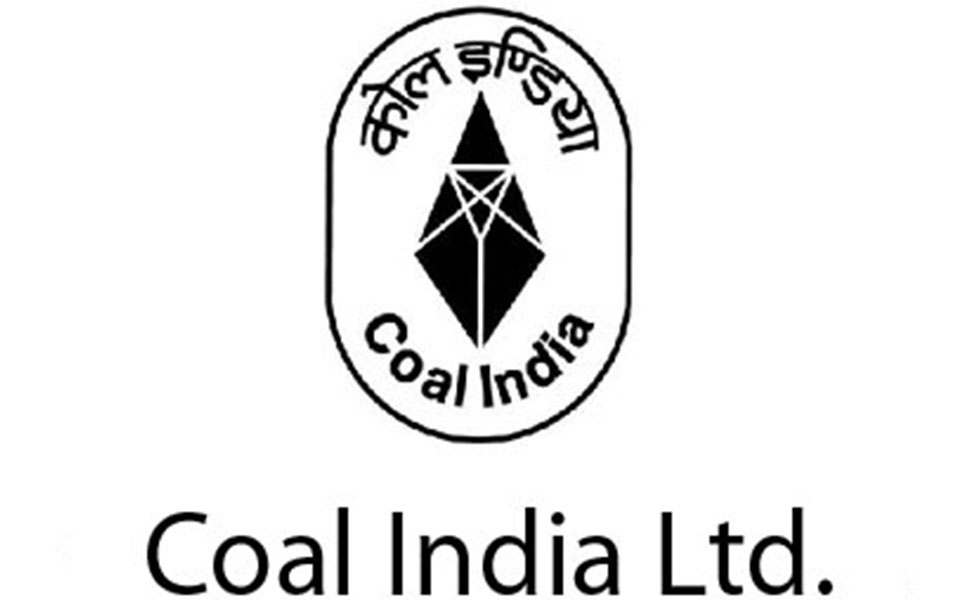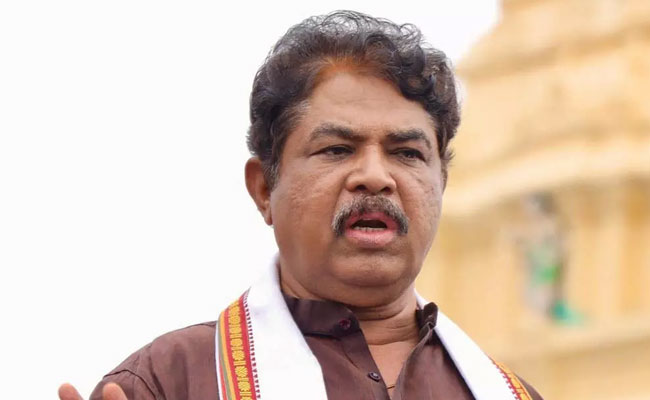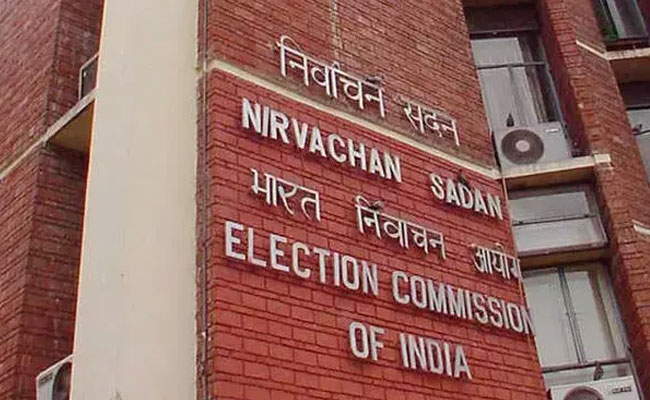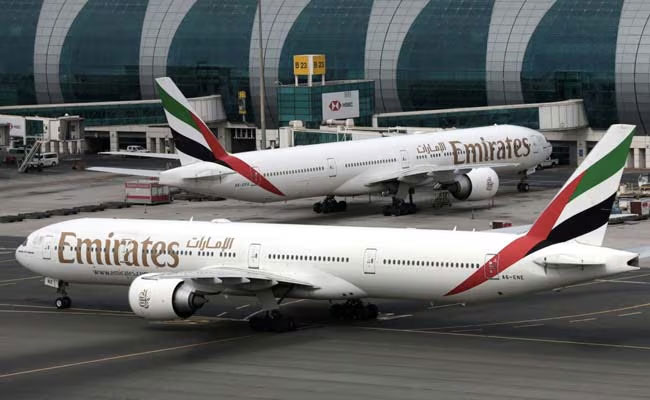Kolkata, May 29: Coal India on Tuesday reported a 52 per cent fall in its consolidated net profit to Rs 1,295.34 crore during the quarter ended March 31, 2018, as compared to Rs 2,718.8 crore in the year-ago period.
Its revenue from operations during the quarter under review was at Rs 26,909.17 crore, up by 8.28 per cent from Rs 24,851.46 crore in the corresponding quarter of 2016-17.
However, the miner said post applicability of Goods and Services tax (GST) from July 1, 2017, "revenue from operations are disclosed net of GST". Accordingly, the revenue from operations and total expenses for the quarter are not comparable with the corresponding period of previous fiscal.
The company's total expenses during the March quarter stood at Rs 27,757.18 crore as against Rs 22,352.75 crore in the same quarter of previous fiscal.
Its employee benefits expense increased sharply to Rs 16,653.86 crore in the fourth quarter of 2017-18 as compared with Rs 9,240.67 crore in the same period last year.
Employee benefits expense for the quarter includes a provision of Rs 646.87 crore towards pay revision of the executive employees.
The coal behemoth produced 183.45 million tonnes during January to March period of 2017-18 and its off-take during the period was at 158.86 million tonnes.
The miner also reported a 24 per cent fall in its consolidated net profit for the financial year 2017-18 to Rs 7,020.22 crore as compared to Rs 9,279.77 crore in 2016-17.
Let the Truth be known. If you read VB and like VB, please be a VB Supporter and Help us deliver the Truth to one and all.
Bengaluru (PTI): Targeting Chief Minister Siddaramaiah and the Congress government in Karnataka on corruption, BJP leader R Ashoka on Friday said, being foolish was forgivable, but being "shameless" in public life was not.
The Leader of Opposition in the state Assembly claimed that in just 30 months of its tenure, the Congress administration has broken every previous record on corruption-related controversies.
He was responding to Siddaramaiah's post on 'X' on Thursday hitting back at the BJP, stating that Upa Lokayukta Justice Veerappa's claims of "63 per cent corruption" were based on his report in November 2019, when BJP's B S Yediyurappa was the CM.
"But Ashoka, without understanding the Upa Lokayukta's statement properly, has ended up tying the BJP's own bells of sins onto our heads and has effectively shot himself in the foot," the CM had said, as he accused Ashoka of foolishness for trying to twist Veerappa's statement to target the current government.
Responding, Ashoka said, "it is one thing to be called foolish in politics, that can be forgiven."
"But in public life, especially in the Chief Minister's chair, one must never become shameless," Ashoka posted on 'X' on Friday addressing Siddaramaiah.
Noting that the CM himself had admitted on the floor of the Assembly that a Rs 87 crore scam took place in the Valmiki Development Corporation, he said that when a CM acknowledges such a massive irregularity inside the floor of the House, the natural expectation is immediate action and accountability.
"But instead of taking responsibility, you continue in office as if nothing has happened. What should the people of Karnataka call this, if not sheer shamelessness," he asked.
Pointing out that the CM's Economic Advisor and senior Congress MLA Basavaraja Rayareddy had publicly stated that under Congress rule, Karnataka has become No.1 in corruption, Ashoka said, "Yet, you still cling to the Chief Minister's chair without a moment of introspection. What should the people of Karnataka call this, if not sheer shamelessness."
Senior Congress MLA C R Patil had exposed the "money for House" racket in the Housing Department and even warned that the government would collapse if the details he has were made public, Ashoka said.
"Despite such serious allegations from within your own party (Congress), you neither initiated an inquiry nor acted against the concerned minister. What should the people of Karnataka call this, if not sheer shamelessness," Ashoka asked the CM.
Highlighting the "40 percent commission" allegation Congress made against the previous BJP government, the opposition leader said, the commission that the Siddaramaiah government appointed concluded that the accusation was baseless.
"After your own panel demolished your own claim, what moral right do you have to continue repeating that allegation. What should the people of Karnataka call this, if not sheer shamelessness," he asked.
For the last two and a half years, Karnataka has been 'drowning' in corruption, scandals, irregularities and allegations across departments. Ashoka said, "If I begin listing every case that emerged under your government, even 24 hours would not be enough."
"And the most tragic aspect of your administration is this: the unbearable pressure, corruption demands and administrative harassment under your government pushed several officers and contractors into extreme distress - including the suicide of Chandrasekharan which exposed the Valmiki Development Corporation scam - a sign of how deeply broken the system has become under your watch," he said.
Instead of fixing this hopeless environment, the government has tried to bury every complaint and silence every voice, he charged.
"Being foolish is forgivable, but being shameless in public life is definitely not."
"When your own ministers admit scams, when your own advisors certify Karnataka as No.1 in corruption, and when your own MLAs expose rackets inside your departments - clinging to power without accountability is not leadership. It is shamelessness in its purest form." PTI KSU
Earlier on Thursday Ashoka had demanded that the corruption case and allegations in the state against the Congress government be handed over to a CBI investigation, citing a reported statement by Upalokaykta Justice Veerappa alleging "63 per cent corruption", following which Siddaramaiah hit back at the BJP leader.





